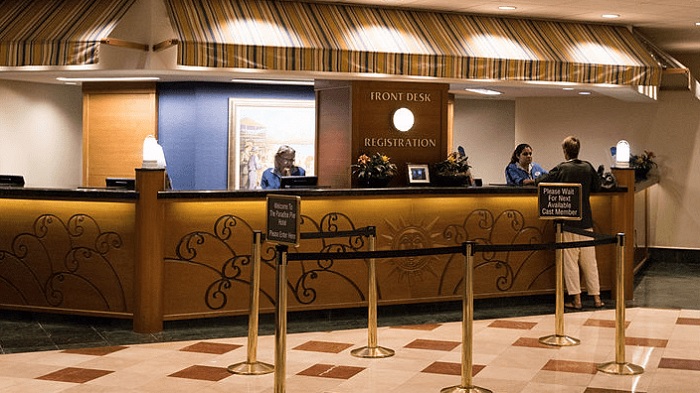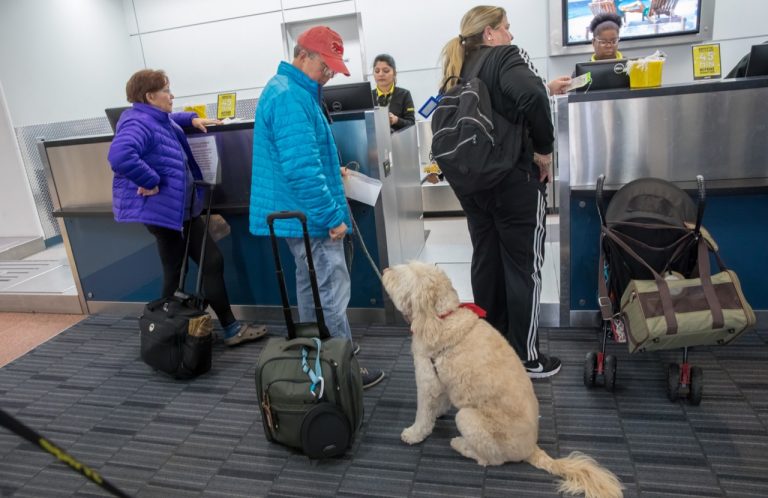How Much Is Tax On A Hotel Room In Florida?
When booking a hotel or vacation rental in Florida, guests often face extra charges beyond the base room rate. One of the most common is the hotel tax, which supports the state’s tourism and local economies.
Understanding Florida’s hotel tax system is important for both travelers and accommodation providers. Florida’s hotel tax, also called the transient rental tax or tourist development tax, combines state and local lodging taxes.
The state charges a 6% sales tax on short-term rentals, while local governments can add more taxes on top. This applies to hotels, motels, vacation rentals, and even campgrounds, as long as the stay is six months or less.
Tax rates can vary by county or city, so it’s essential for accommodation providers to stay updated on local regulations. The growth of online booking platforms has also made tax collection and remittance more complicated.
This article will break down Florida’s hotel tax system, making it easier for businesses and travelers to navigate this important part of the Sunshine State’s hospitality industry.
Florida State Sales Tax on Hotels

The foundation of Florida’s hotel tax system is the state sales tax, which stands at 6%. This tax applies uniformly across the entire state to all transient rental accommodations.
It’s important to note that this tax is not unique to the hospitality industry – it’s the same sales tax rate applied to most goods and services in Florida.
However, what sets accommodations apart is how this tax interacts with local levies and the specific definition of “transient rentals.”
The state defines transient rentals as stays of six months or less, capturing most vacation and business travel within its scope.
Local Lodging Taxes in Florida

While the state sales tax provides a baseline, Florida’s hotel tax landscape becomes more complex when considering local taxes. Counties and municipalities have the authority to impose additional taxes on accommodations, often referred to as “bed taxes” or “tourist development taxes.”
Are Hotel Pet Fees Charges Taxable In Florida?
Yes, hotel pet fees are generally taxable in Florida. Since pet fees are considered part of the total charge for the accommodation, they are subject to the same sales tax and tourist development tax as the room rate.
The exact tax rate may vary depending on the county, but it typically includes Florida’s state sales tax (6%) plus any applicable local taxes. Always check with your hotel for specific details.
Types of Local Taxes
The most common local levy is the tourist development tax, but other types may include:
- Convention development tax
- Tourist impact tax
- Municipal resort tax
These local taxes can vary significantly from one area to another. For instance, popular tourist destinations might have higher rates to capitalize on visitor spending and fund tourism-related infrastructure and marketing efforts.
Tax Rate Variations
The total tax rate on accommodations can fluctuate considerably depending on the location. In some Florida counties, the combined state and local tax rate might be as low as 11%, while in others, it could exceed 15%.
This variation underscores the importance for both accommodation providers and guests to be aware of the specific rates in their area of stay.
What Accommodations are Taxable?

Florida casts a wide net when it comes to taxable accommodations. The state’s definition of transient rentals encompasses a broad range of lodging options, ensuring that most short-term stays contribute to the tax base.
Taxable Accommodation Types
Some of the accommodations subject to hotel taxes in Florida include:
- Hotels and motels
- Vacation rental homes and condos
- Bed and breakfasts
- RV parks and campgrounds
- Timeshare resorts
- Boat slips (if rented for living or sleeping)
The key factor in determining taxability is the length of stay. Any rental period of six months or less falls under the transient rental category and is subject to these taxes.
Tax Collection and Remittance
The process of collecting and remitting hotel taxes in Florida involves multiple stakeholders, with the Florida Department of Revenue playing a central role.
Role of the Florida Department of Revenue
The Department of Revenue is responsible for administering the state sales tax and, in many cases, the local option taxes as well. They provide guidance, process tax returns, and conduct audits to ensure compliance.
Responsibilities of Accommodation Providers
Accommodation providers bear significant responsibilities when it comes to hotel taxes:
Registration: All providers must register with the Department of Revenue to collect and remit taxes.
Collection: Taxes must be collected from guests at the time of payment.
Reporting and Remittance: Regular filing of tax returns and remittance of collected taxes is required, typically on a monthly basis.
Record Keeping: Detailed records of all transactions must be maintained for audit purposes.
Failure to comply with these responsibilities can result in penalties and interest charges, making it crucial for providers to stay informed and diligent in their tax management practices.
Tax Collection by Online Travel Agencies
The rise of online travel agencies (OTAs) like Airbnb and Vrbo has introduced new dynamics to the hotel tax landscape in Florida.
Airbnb and Vrbo Tax Collection Practices
In recent years, major OTAs have taken steps to simplify tax compliance for their hosts. Both Airbnb and Vrbo now collect and remit the 6% state sales tax and county discretionary sales surtax on behalf of their hosts for bookings made through their platforms.
State vs Local Tax Collection
While OTAs have made progress in collecting state-level taxes, the situation with local taxes is more varied.
In some counties and cities, agreements are in place for OTAs to collect and remit local taxes as well. However, this is not universal across the state.
Hosts using these platforms should verify which taxes are being collected on their behalf and which, if any, they need to handle themselves. This often requires checking with both the OTA and local tax authorities to ensure full compliance.
Tax Exemptions
While Florida’s hotel tax system is comprehensive, there are some notable exemptions that both providers and guests should be aware of.
Long-term Rentals
The most significant exemption relates to long-term rentals. Stays that extend beyond six months are not subject to these transient rental taxes.
This exemption recognizes the distinction between short-term visitors and more permanent residents.
Other Potential Exemptions
Some other situations that may qualify for exemption include:
- Rentals to full-time students
- Accommodations for active-duty military personnel under official orders
- Certain non-profit or government organizations
It’s important to note that these exemptions often require specific documentation or procedures to claim. Accommodation providers should familiarize themselves with the requirements to properly handle exempt stays.
Final Words
Navigating Florida’s hotel tax system requires attention to detail and an understanding of both state and local regulations.
For accommodation providers, staying informed about tax rates, collection responsibilities, and potential exemptions is crucial for maintaining compliance and avoiding penalties.
For travelers, awareness of these taxes can help in budgeting and understanding the full cost of their stay.
While the tax rates might seem high in some areas, it’s worth remembering that these funds often go towards maintaining and improving the very attractions and infrastructure that make Florida a desirable destination.





